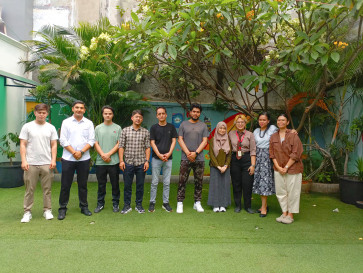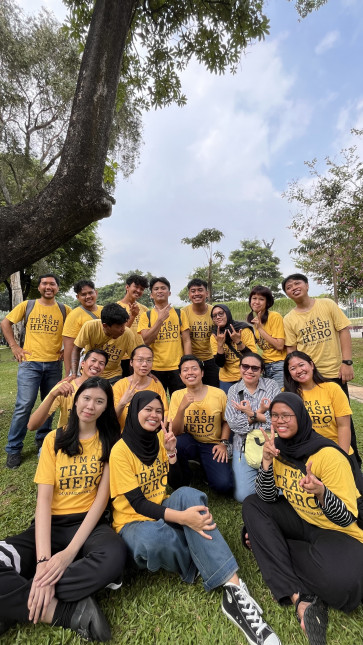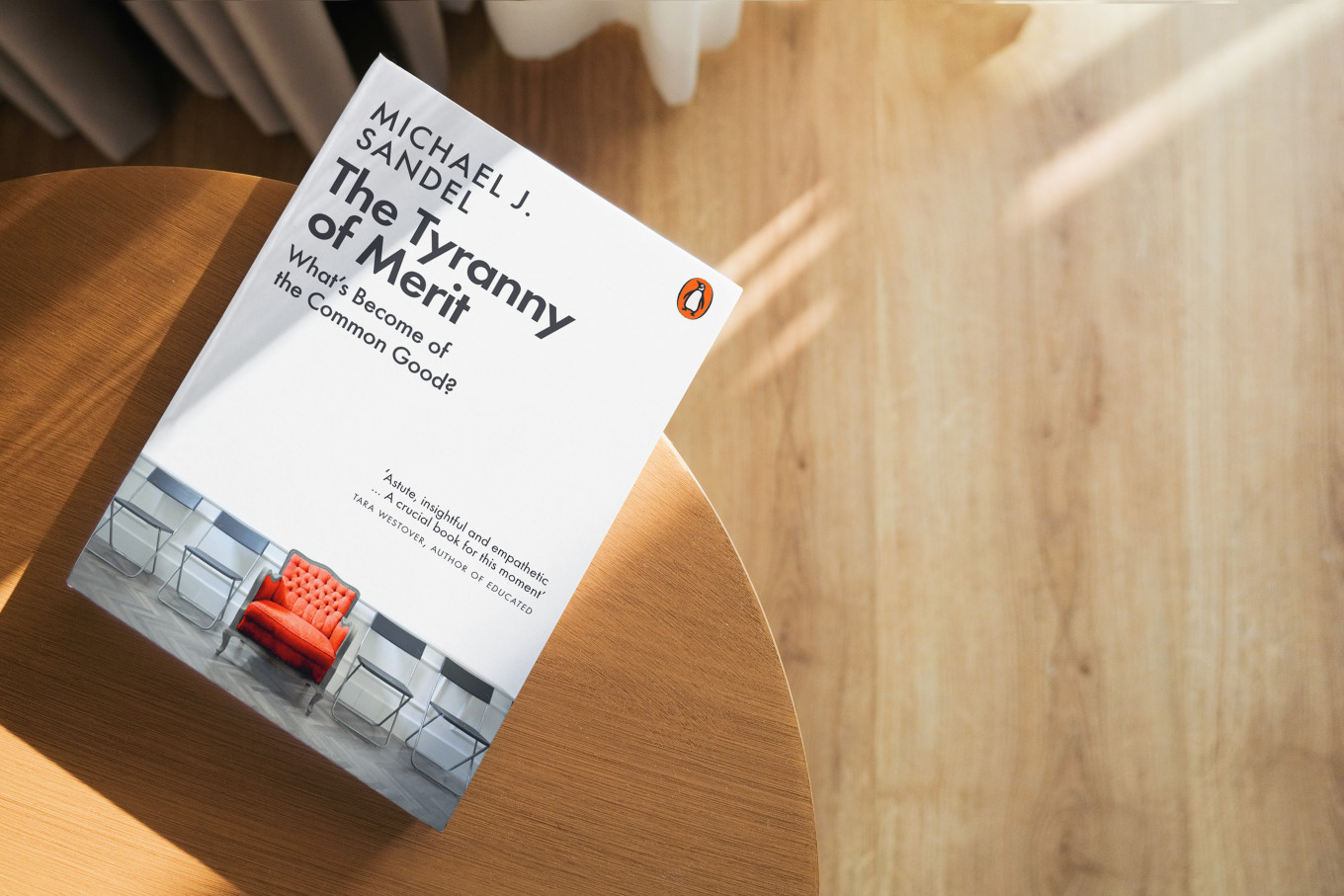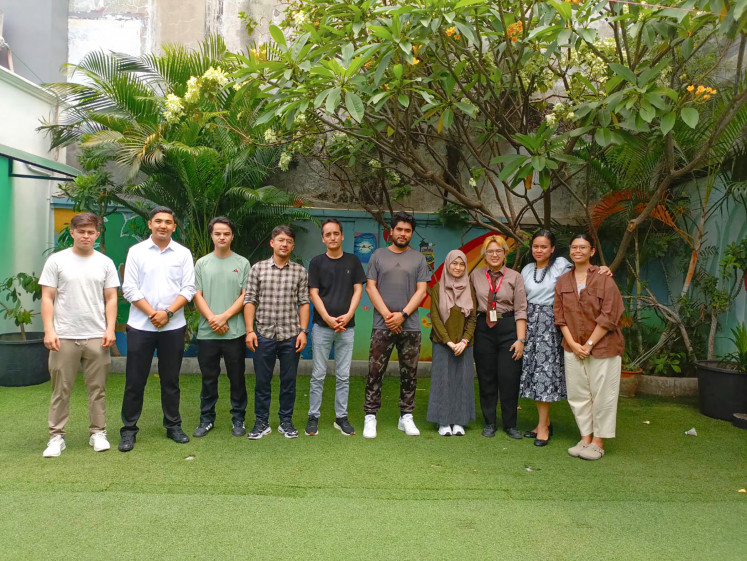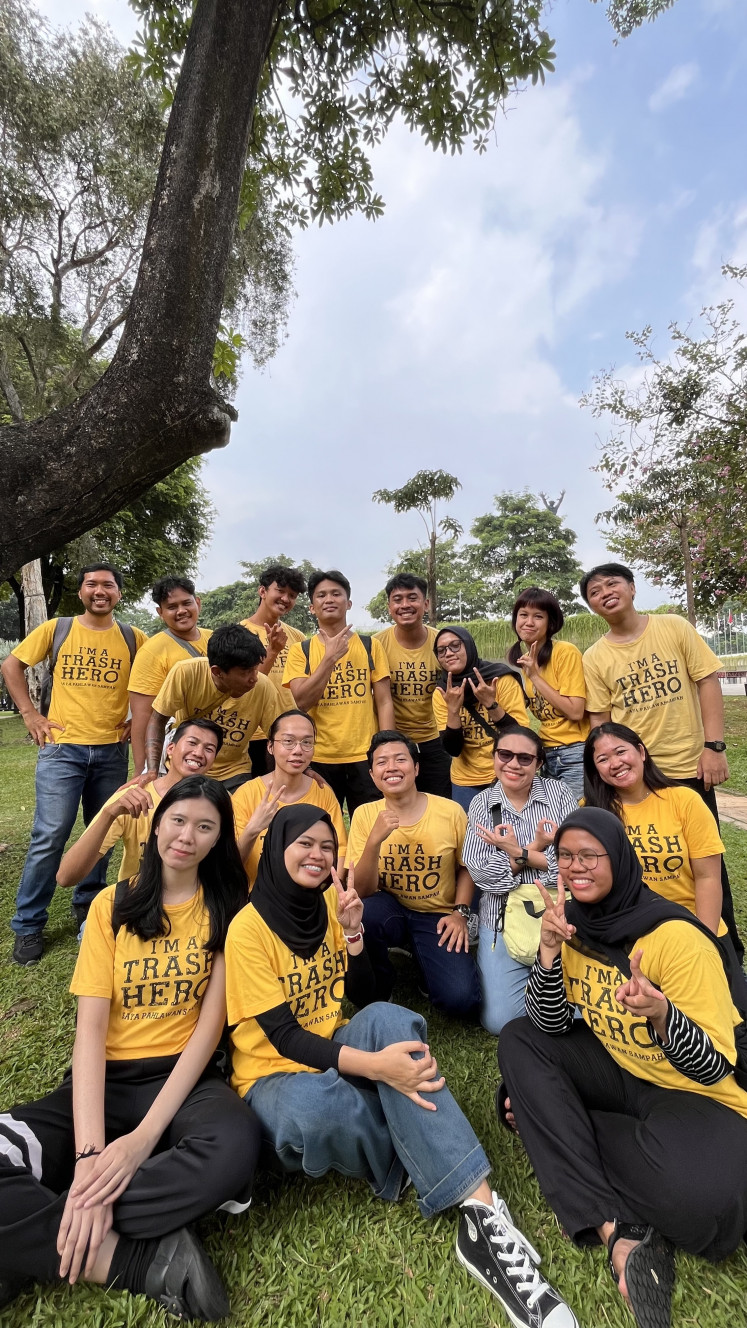We were raised to believe that if you study hard and work harder, you will succeed. That is the meritocratic promise, the story we still tell in classrooms, offices and even election campaigns.
But what if that promise was never true?
A couple of months ago, a tweet I posted in July 2024 about The Tyranny of Merit: What's Become of the Common Good? by Michael J. Sandel unexpectedly took off again. I had first written about the book last year during a heated debate on university scholarships, particularly on the tension between talent and access. This time, it struck a nerve, perhaps because many are increasingly questioning how we define success, and who gets to claim it.
Today, being “smart” isn’t always a compliment. It can be used sarcastically or even pejoratively, equated with being naive or out of touch. Online, intelligence is sometimes framed as elitism, like living in an ivory tower. And nobody wants to be lectured.
And yet, this discomfort tells us something important about the world we’ve built and the one we might want next.
What if our entire notion of merit, of how we define, measure and reward it, is reinforcing injustice rather than resolving it?

Thank you!
For signing up to our newsletter.
Please check your email for your newsletter subscription.
The classroom illusion
In Indonesia, the illusion of fairness begins early, especially in education.
National exams and school rankings are treated as sacred indicators of worth, when in reality, they often reflect access to good schools, private tutors and stable homes. A student in a rural area with outdated textbooks and no internet competes on the same terms as one in Jakarta with every resource available. We call it competition. But in truth, it’s reproduction.
It has even become a cultural anecdote: If you want to succeed, you must attend one of the top three universities, which often requires entry into elite primary and secondary schools.
Fall behind once, and it becomes difficult to catch up.
This mirrors what Sandel bluntly calls the “tyranny” of merit. Meritocracy is not neutral. It gives “winners” a sense of moral superiority, while those left behind are told (explicitly or not) that they deserve their fate.
“You can make it if you try” quickly becomes “if you didn’t make it, it’s your fault”, or even something like, “poor people are poor because they are lazy”.
It’s a narrative that erodes empathy and breeds resentment.
Two other books echo this.
In The Cult of Smart: How Our Broken Education System Perpetuates Social Injustice, Fredrik de Boer dismantles the idea that academic performance equals human worth, that formal education is the sole pathway to social legitimacy. Caregiving or manual labor is seen as less.
In Indonesia, vocational school graduates are often treated as second-class, even though they are essential to the country’s workforce. If you are not “book smart,” you are frequently seen as less capable.
In Excellent Sheep: The Miseducation of the American Elite and the Way to a Meaningful Life, William Deresiewicz turns the critique inward, exposing how even the “winners” of this race often feel hollow, anxious and disconnected. They are trained to succeed, not to reflect. Though they might have impressive résumés, they lack a deeper sense of purpose.
Together, they reveal how a system supposedly built on fairness can instead deepen inequality.
Beyond smart
Although these three books are based on Western contexts, their ideas resonate strongly in Indonesia.
In my own work on energy and climate issues, I’ve met village leaders with no formal degrees who demonstrate profound wisdom and leadership.
I’ve also been in rooms of highly educated professionals who struggle to listen, adapt or admit uncertainty.
Intelligence matters, but it is not the only thing that matters. Sometimes, it becomes a barrier.
That’s why the growing unease with “smartness” should not be dismissed as anti-intellectualism. It’s a signal. A discomfort with how intelligence has been weaponized as power. A frustration with how credentials have been used as gatekeepers of legitimacy.
For many, it’s not that they resent knowledge. They resent being excluded by it.
Those of us in policy, education or research often respond to frustration with more data, more nuance, more analysis. We default to explaining.
But often, people aren’t asking for answers, they are asking for dignity. To be seen, not assessed. To be heard, not corrected. To be respected without needing to justify their worth.
Building a broader table
We are facing a hard truth: the idea of merit we have upheld is narrow, rigid and often exclusionary. We need a broader and more human version.
One that values not only test scores and titles, but also care, resilience, lived experience and local knowledge. One that understands intelligence as diverse and evolving. One that moves away from ranking people like consumer goods.
This shift requires more than a change in mindset. It requires systemic change.
In education, it means valuing multiple paths to success, not just the academic ones.
In leadership, it means valuing people who build trust, create space and enable others to lead, not only those who speak with polish.
In policymaking, it means asking: Who still gets left out of the room, even when we say we are being inclusive?
Because meritocracy, as it operates today, is not truly meritocratic. The ladder was never level. Some people begin halfway up; others are never told the ladder exists. And even those who reach the top often find the view lonelier than they imagined.
We do not need less ambition. We need different ambitions.
Less about proving superiority, and more about ensuring no one is left behind. Less about competing for a seat, and more about redesigning the table.
Perhaps that’s why The Tyranny of Merit is becoming a bestseller in Indonesia: because many already sense what Sandel names so clearly, the system is not fair.
The real question is what we’re willing to do with that knowledge. Will we keep defending the ladder, or finally start building something else entirely?
Marlistya Citraningrum is a sustainable energy analyst, a self-professed slow reader, and an aspiring columnist.
This piece was written by a fellow Weekender reader. Is there a book, show, song or oddly specific deep dive you can’t shut up about? We’d love to hear about it. Pitch your idea to theweekender@thejakartapost.com.






